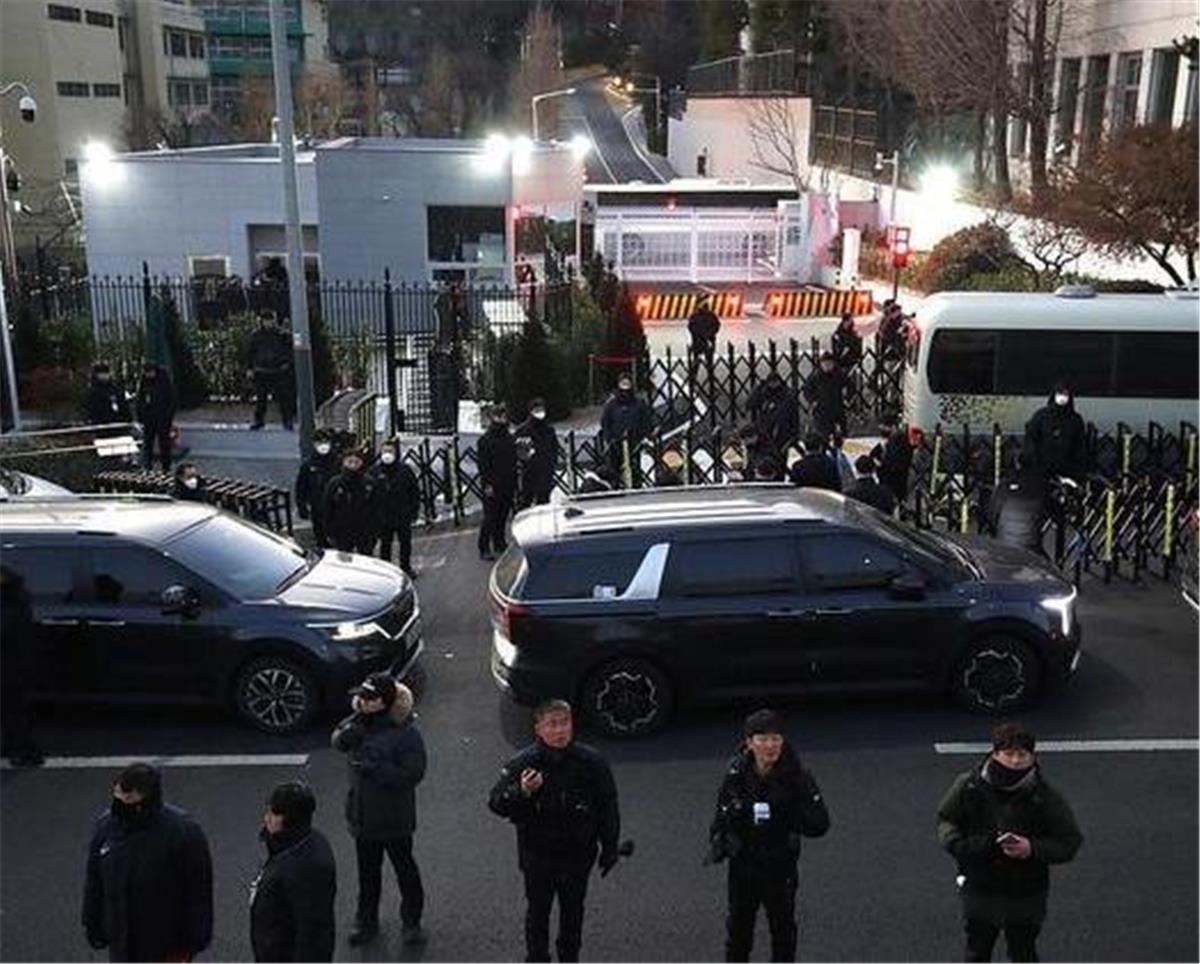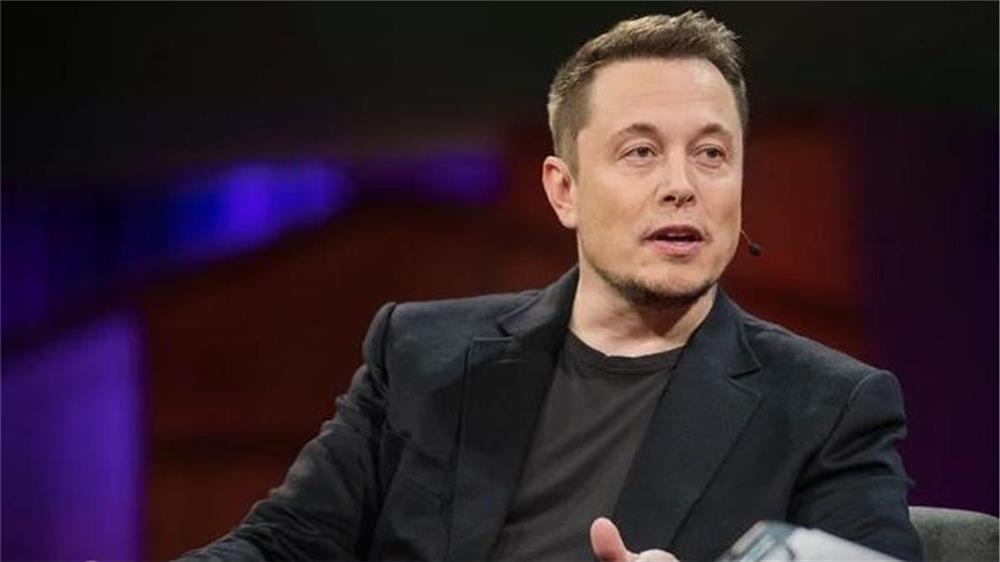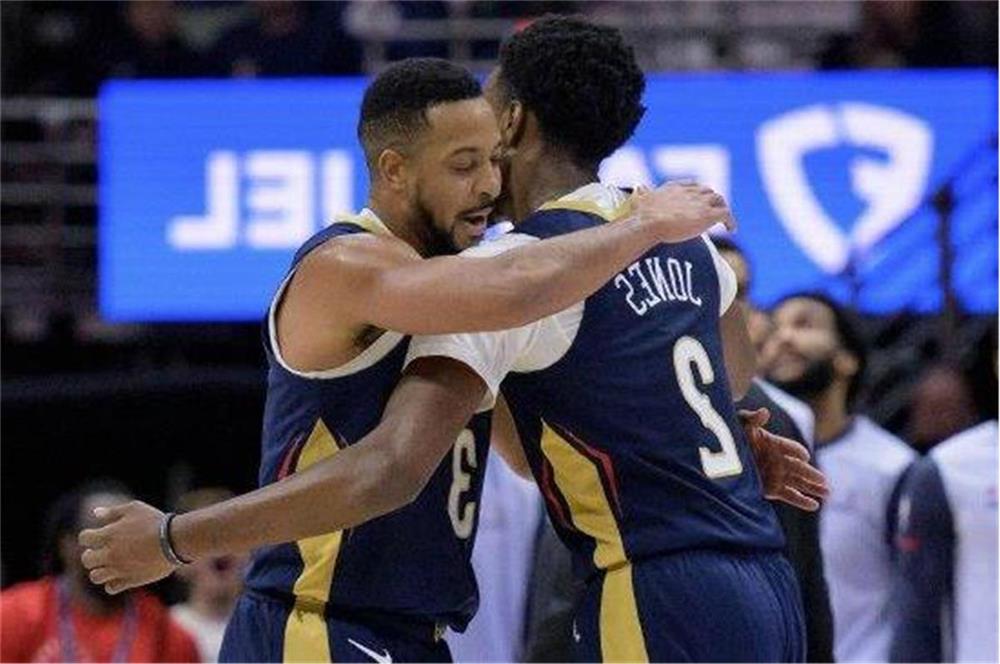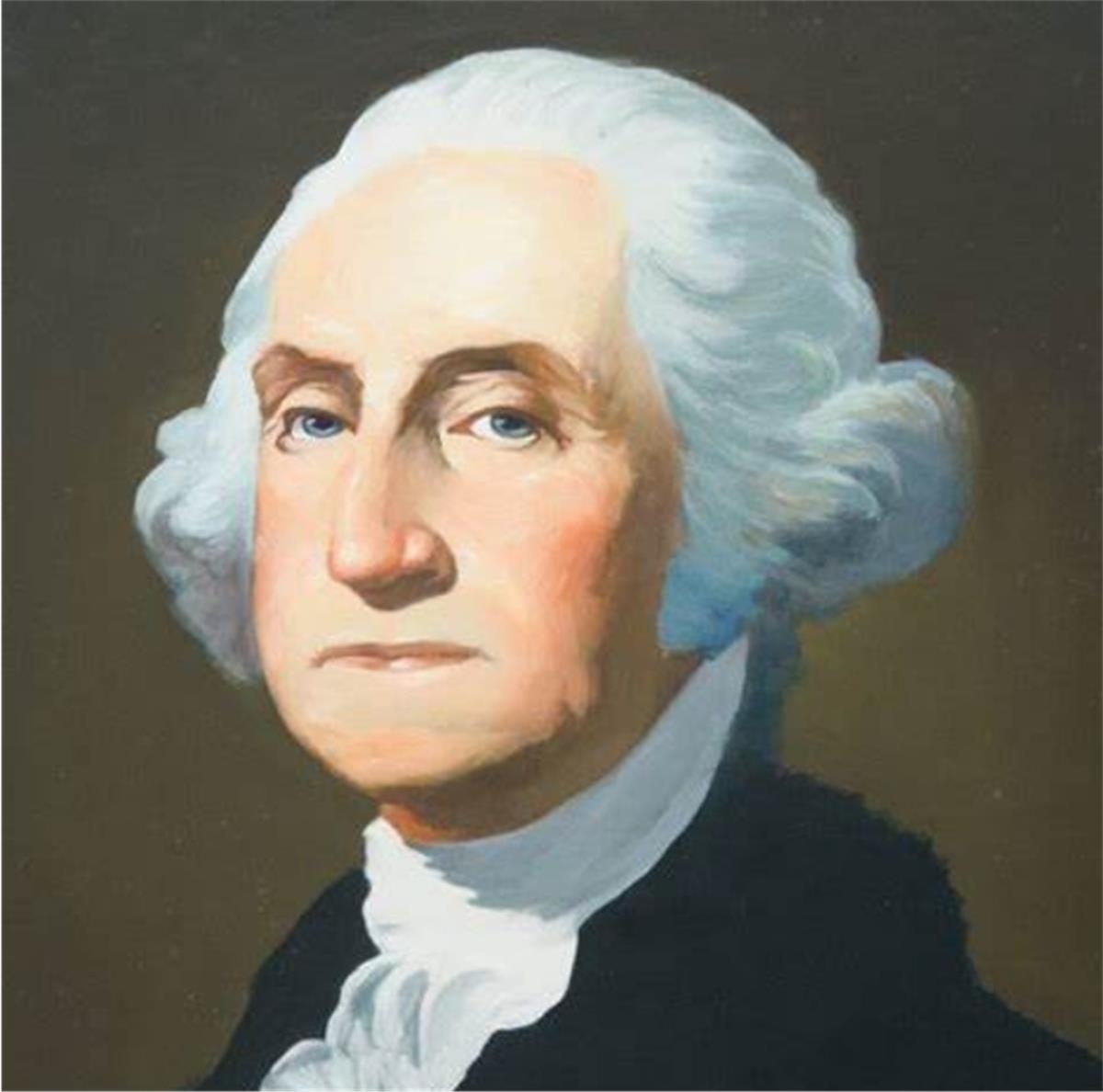First arrest failed, two days left, will Yoon Suk-yeol be able to get through this?

On the morning of December 31, 2024, South Korea's Constitutional Court upheld a warrant for the arrest of the country's embattled President Yoon Suk-yeol. This would mark a historic first in the country's 73-year history as a democracy, and a major setback in the president's bid to stay in office until the end of his current term in April 2026. But on January 3, Yoon was not arrested – instead, the arresting agency, High Public Officials Crime Investigation Agency, (Kochosa) entered, but failed to leave, the presidential office. Here is a look at some of your questions regarding the investigation against the suspended president.
Q1: Why didn't the presidential guard cooperate with special investigators?
A1: Because Kochosa's powers to arrest Yoon are not as extensive as the presidential guard's powers to protect him.
The main function of the Presidential Guard (known as Junga) is to defend the life of the head of state. Kochosa was created to investigate specific crimes – such as abuse of authority, receiving bribes worth over 50 million won, fabrication of public documents or illegal receipt of political fund contributions – committed by high-ranking officials such as the president.
Kochosa's power of investigation does not extend to high public officials who are charged with "treason" – treason is a separate crime, not under Kochosa's purview. Yoon's lawyers have been leveraging this loophole since the special prosecutor's indictment: first at South Korea's supreme court, then at the Constitutional Court hearing, and most recently at Junga. On Thursday, Yoon's lawyers submitted a request to vacate the arrest warrant, citing this specific provision.
Q2: Why did Kochosa try to arrest Yoon so early in the morning, and were there protests outside the presidential office?
A2: Kochosa arrested Yoon in the morning in an attempt to avoid violent confrontations on-site. Thousands of protesters have been demonstrating around the presidential offices for several weeks, sometimes resulting in violent altercations with police.
Kochosa's special agents started walking up to the presidential offices at 7:21 a.m. on January 3 – 20 minutes after their departure from their headquarters at the Seocho Public Office Building (in downtown Seoul). They walked together with South Korea's Special Investigation Unit (which had provided the special agents with the 150 additional policemen needed for the operation.) In anticipation of the arrest, thousands of policemen – including riot and traffic police – were deployed to block access to nearby roads. Police clashed with demonstrators during the arrests, and forced their way through a human barricade that had blocked the entrance.
The operation was likely designed to occur early in the morning on a Friday, in order to minimize protests, which were largely peaceful at that early hour. In 2017, when former President Park Geun-hye was arrested and taken away to a detention center, hundreds of thousands of protesters gathered around the presidential residence in an operation that was criticized as being too slow and chaotic.
Q3: Was Yoon actually in the presidential residence when he was supposed to be arrested?
A3: Yes. Though Yoon has been suspended from exercising presidential powers, he is still the sitting president, which means he enjoys special protection – including from Junga. It also means that he can be reinstated at the snap of a finger, should the impeachment proceedings against him (which started at the National Assembly this week) be dismissed.
Q4: But how can the presidential guard still follow the orders of "a suspended president," who has no governing powers?
A3: Even though Yoon has been deemed unfit for office following his conviction, Korea's presidential succession act still requires the deputy speaker – currently Choi Sang-mu – to oversee all executive branch decisions.
Q5: Was Yoon actually arrested?
A5: No. While Kochosa succeeded in taking the arrest warrant physically inside, they left without arresting the now former president. In an unexpected twist, Yoon's presidential guard argued they are entitled to block any attempts to execute the arrest warrant, given the special protection conferred to the sitting president under national security laws.
South Korea's national security laws (which were drafted under Japanese occupation in 1908), do not allow for the detention of the sitting head of state, even with an arrest warrant. While these security laws take a backseat when the constitutional court issues an order, Junga appears to believe they still have the powers to prevent a president – suspended or not – from being seized. Yoon was informed of this plan on Wednesday, according to the presidential guard spokesman (who was promptly impeached for sedition himself.)
Q6: Are Yoon's allies really fighting against his impeachment by using a constitutional loophole as the basis for a "legal coup?" Can they actually succeed?
A6: They can try. Junga, as well as the attorney general and many of Yoon's supporters at the National Assembly, argue that the arrest warrant could not be executed without the permission of the presidential guard. Some even threatened to invoke the "right to resist unlawful authority," a concept from 18th century English Common Law that was applied by the South Korean Supreme Court for the first time in this case.
The irony is that Yoon would not be arrested if not for the actions of the special investigation unit – which was created and promoted by his executive order and legislative push.
Q7: What will happen next? Was the warrant automatically invalidated?
A7: Not just yet. The arrest warrant only expires on January 6, 2025. This means that the special prosecutors in charge of the case could still come back to Yonhee and arrest Yoon.
If they are not allowed back, or if their return is also blocked by an armed force, the National Prosecution Service (who oversees both Kochosa and the Special Investigation Unit) has stated they will consider taking further action.
A possible move at Yoon's behest in case of re-arrest would be a constitutional review. If successful, the arrest warrant could be annulled and the prosecution would need to return the evidence they have seized so far.
Q8: So Yoon can still be arrested? When would that be? And where?
A8: That would depend on Junga. Since they have no real intention of letting him go, any re-arrest would almost definitely require the intervention of a special security force. There is still much uncertainty on how these new plans will come into action, and if such measures will come into play. Yoon could also use this opportunity to flee. His attorney stated on air that Yoon could "go where his people are."
South Korea's National Police Agency said on Sunday afternoon that their emergency response unit is prepared for Yoon in case a "worst-case scenario" occurs, though they declined to provide any detail about the plans.
Q9: What kind of crimes can he be prosecuted for again while in detention? Is there a risk of a life sentence?
A9: Under the terms of South Korea's treason act, anyone convicted of high treason (of which Yoon was accused) is not eligible for any form of bail or probation before their sentence has been carried out. It is a non-bailable conviction. This includes house arrest in a designated detention facility.
The crimes he committed also merit a life sentence. It is now up to special prosecutor Park Eui-dong, the judge and the Supreme Court whether he would get one.
 Famous Persons
Famous Persons English
English
 Smith
Smith Facebook
Facebook Twitter
Twitter Pinterest
Pinterest Linkin
Linkin Email
Email Copy Link
Copy Link










